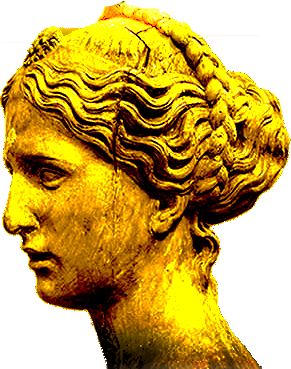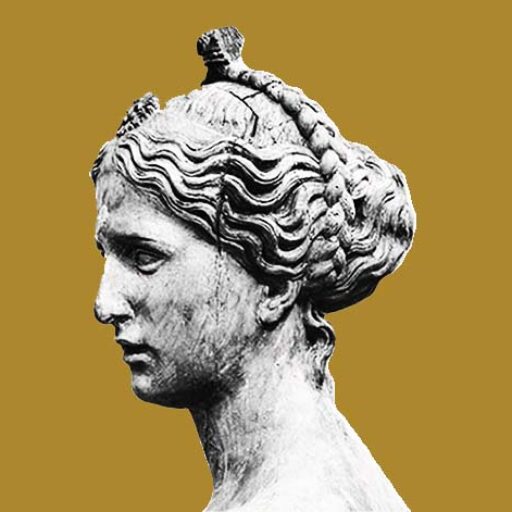Philtres were in actual use beyond mythological times.Xenophon (c. 430–354 B.C.), the Greek historian, author of Memorabilia, alludes to the practice:
“They say,” replied Socrates, “that there are certain incantations which those who know them chant to whomsoever they please, and thus make them their friends; and that there are also love potions which those who know them administer to whomso they will; and are in consequence loved by them.”
In ancient orgiastic cults, particularly those dedicated to Dionysus and to the Syrian Baal, religious frenzies were accompanied or stimulated by drugs, fermented drink, by rhythmic dance movements, by tambourine, drum, and flute music that culminated in ecstatic self-mutilation followed by wild sexual debaucheries. (LOVE POTIONS THROUGH THE AGES / HARRY E. WEDECK)
Tags: Elite Escorts Madrid, GFE Madrid, Luxury Escorts Madrid
Posted in Collection Escorts, Elite Escorts, GFE escorts, International Escorts, Luxury Dinner, Luxury Escorts, Luxury GFE, Premium Escorts, Vip Escorts
Aspasia de Mileto (en griego; Ἀσπασία; c. 470 a. C.12 – c. 400 a. C.13), maestra de retórica y logógrafa, tuvo gran influencia en la vida cultural y política en la Atenas del Siglo de Pericles. Hija de Axíoco fue una mujer famosa también por haber estado unida al político ateniense Pericles4 desde aproximadamente 450-445 a. C. hasta la muerte de este en el 429 a. C.
Friné (Φρύνη), hija de Epicles, es el apodo de una famosa hetaira griega, célebre por su proverbial belleza, nacida en Tespias (Beocia) como Mnésareté (Μνησαρετή). El significado en griego antiguo de este sobrenombre, probablemente antifrástico, es «sapo» (según Plutarco, apuntaría al color aceitunado de su piel); mientras que Mnésareté significaría «conmemoradora de la virtud». Al parecer, huyó con su familia a Atenas en el 375 a. C., año en que los tebanos volvieron a destruir la ciudad, poco antes de la Batalla de Leuctra.






Call me!!!
Social Chat is free, download and try it now here!